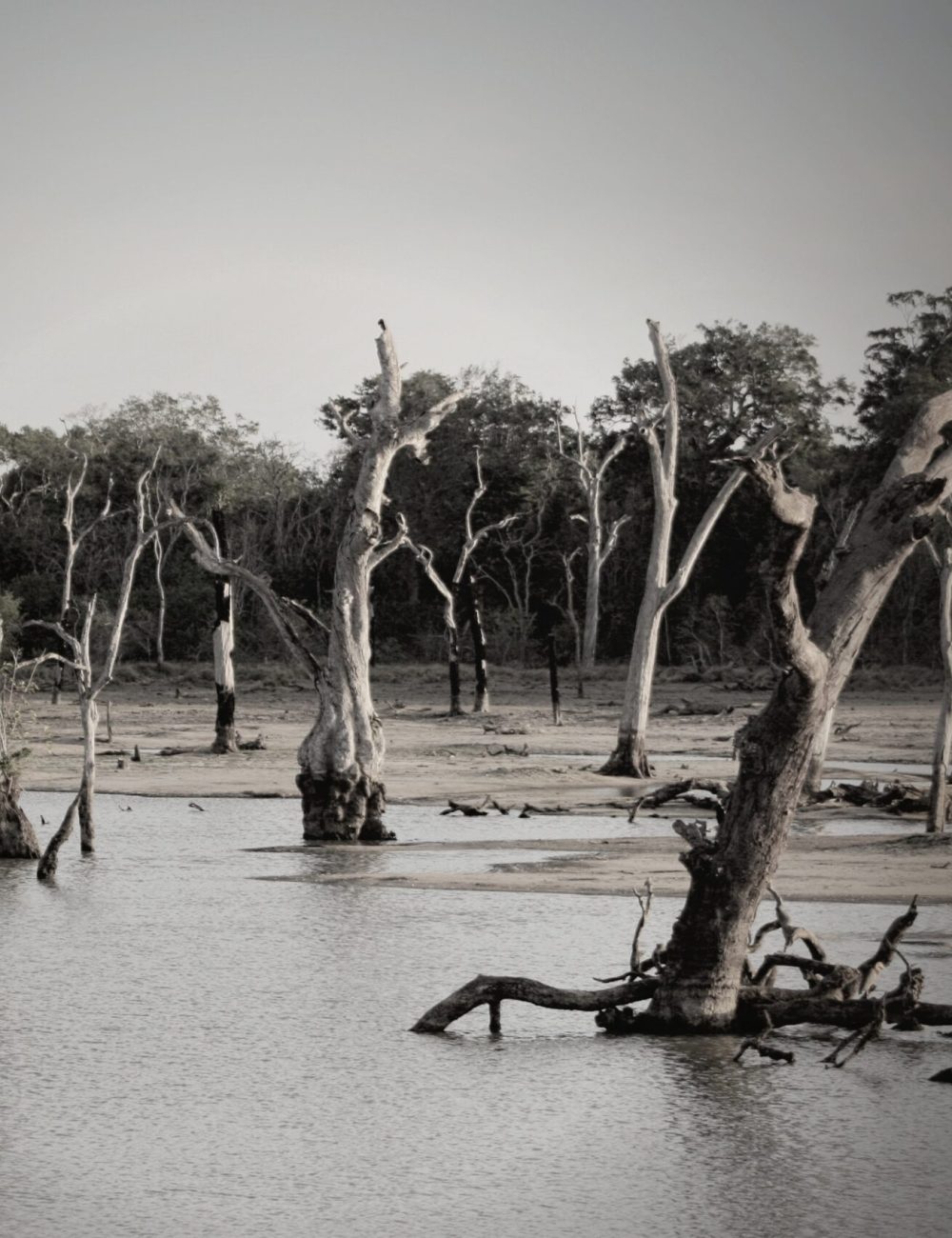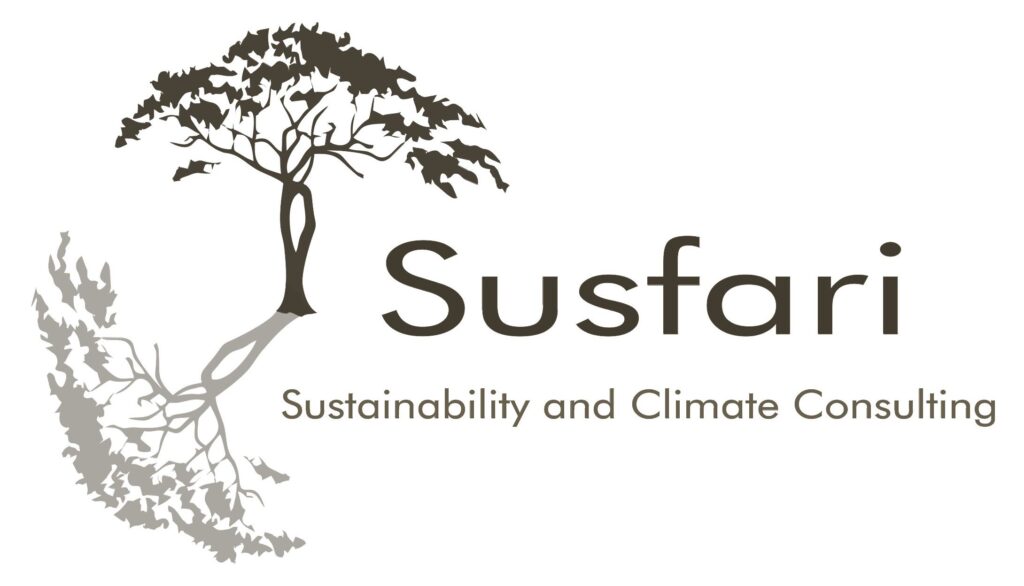Development in the face of Climate Change
The greatest challenge of our time remains the threats posed by climate change. Despite this, developing economies need to create an environment that allows their citizenry to live a quality life. This is by achieving universal access to healthcare, education, energy, food security, eliminating poverty as well as providing an environment that allows economic development.
At a quick glance, the challenges and the needs seem to conflict. What is the nexus, given the demand of natural resources to meet the needs of a growing economy, the energy needed to power these processes, not forgetting the main drivers of climate change have been burning fossil fuels such as oil and coal?
Meeting the Challenge
This challenge has been met by the concept of sustainable development, that applies the triple bottom line approach to development. This includes economic, social and environmental pillars that aim at meeting the needs of the current generation without affecting the ability of the future generations to meet theirs.
However, the realization of this differs from region to region and is context specific. Additionally, although the challenge of climate change is a global one, its expressions differ from place to place. How then can developing economies confront the greatest challenge of the century while providing a conducive environment for their citizenry to achieve a quality and dignified life?


Our Value Preposition
Susfari confronts these questions and challenges by working with the clients to understand their specific context, and translate the expressions of these concepts in a bid to find and realise sustainable and climate resilient approaches and solutions. To avoid the risk of the current generations’ and the future generations’ ability to meet their needs, understanding the expressions of sustainability and climate change in our specific contexts is invaluable.
